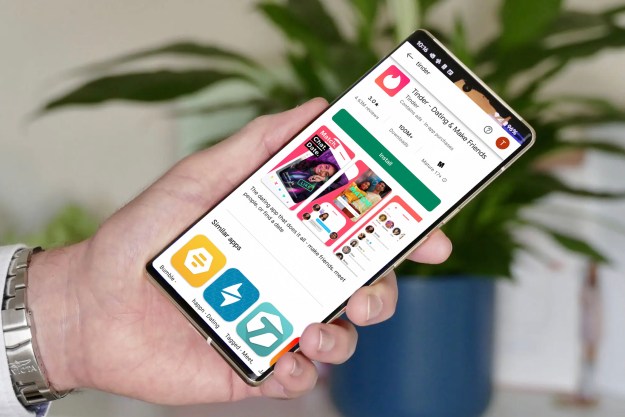
Google, however, is trying to change that. How? With artificial intelligence, of course! The company recently showed off some pretty good results from the system, saying that while six months ago the system was only able to flag five percent of malware thrown at it, these days it is now hitting a 55 percent success rate — meaning it’s essentially learning what to look for in malware and how to stop it.
The new system will be welcome. Toward the beginning of 2017, around 0.6 percent of Android devices were infected with some sort of malware. Thanks to the implementation of the AI software in Google Play Services, that figure now sits in at 0.25 percent, according to a report from The Register. Still, the AI has a long way to go. Earlier this year, we learned that there were twice as many malware installations in 2016 than there were in 2015 — and just a few months ago researchers at the University of Michigan discovered that more than 400 apps left users open to malware attacks. Hopefully, the new system will cut down on stories like that.
Google may not be the first to use artificial intelligence for security reasons, it has some advantages. As The Register’s report notes, Android users are found all over the world and there are far more
Of course, just because the Google Play Store is getting safer, that does not mean you should stop being careful. You should still only download apps from the Google Play Store, and even then try to only download apps that are from reliable developers. Last but not least, if you find that an app does seem to be malicious, report it to Google.
Editors' Recommendations
- Google Pixel 9: news, rumored price, release date, and more
- Google is expanding Fast Pair, casting to more devices
- Google is paying a $700 million fine, and you’re getting some of it
- Everything announced at Google I/O 2023: Pixel Fold, Pixel 7a, and more
- When is my phone getting Android 13? Google, Samsung, OnePlus, and more

